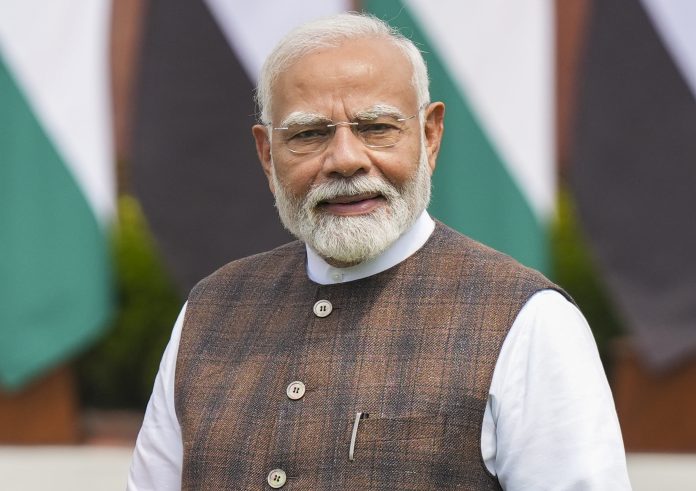NEW DELHI, Oct 16: The government on Wednesday increased the Minimum Support Price (MSP) for wheat by Rs 150 to Rs 2,425 per quintal for the 2025-26 marketing season, a move that comes ahead of key state elections.
The Cabinet Committee on Economic Affairs (CCEA), chaired by Prime Minister Narendra Modi, approved price hikes for six rabi crops, with increases ranging from Rs 130 to Rs 300 per quintal for the 2025-26 marketing season beginning April 2025.
“Like for Kharif crops, there is a significant increase in the MSP for rabi crops,” Information and Broadcasting Minister Ashwini Vaishnaw said in a media briefing after the cabinet meeting.
Reacting to the Cabinet decision, Modi said his government has been making big decisions continuously for the welfare of farmers. The rise in MSP will make the lives of farmers easier.
He highlighted that the new wheat MSP is 105 per cent higher than the cost of production, calling it “a big thing.”
The government also raised the MSP for rapeseed and mustard seed by Rs 300 to Rs 5,950 per quintal, aiming to boost domestic oilseed production and reduce edible oil imports.
The support price for safflower increased by Rs 140 to Rs 5,940 per quintal for 2025-26 from Rs 5,800 per quintal in the previous season.
In the case of pulses, the support price for lentil (masur) increased by Rs 275 to Rs 6,700 per quintal, while that for gram MSP raised by Rs 210 to Rs 5,650 per quintal for 2025-26.
The support price for barley increased by Rs 130 to Rs 1,980 per quintal for 2025-26 from Rs 1,850 per quintal in the previous season.
The announcement comes as states like Maharashtra, Jharkhand, and Delhi prepare for elections.
However, Vaishnaw dismissed any connection between the MSP hikes and the upcoming polls, stating that such announcements typically occur around this time.
The minister asserted that farmers have a “good feeling” towards the government, citing transformative changes in their lives.
The MSP increases align with the 2018-19 Union Budget commitment to set support prices at least 1.5 times the all-India weighted average cost of production.
The government expects these hikes to ensure remunerative prices for farmers and encourage crop diversification. (PTI)
Trending Now
E-Paper


